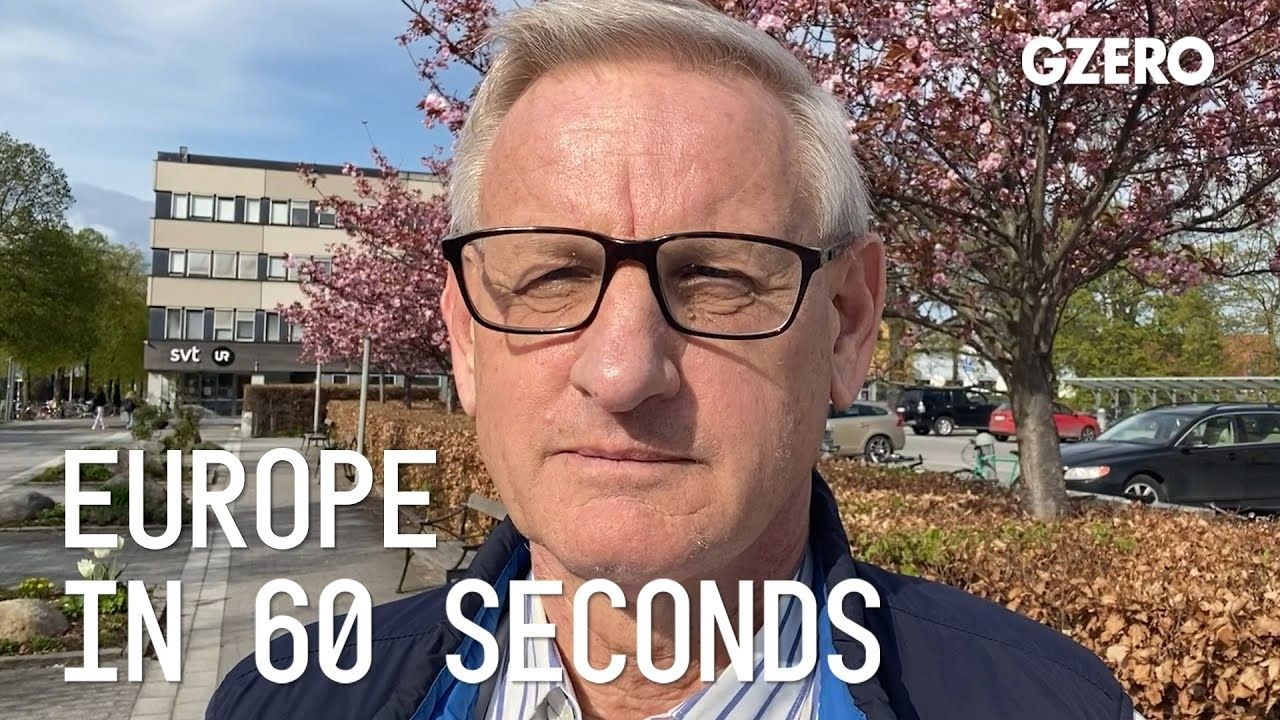
Is the Swedish approach to fighting the virus working?
Well, that remains to be seen. It's been somewhat less of a lockdown of society. But if you compare with other Nordic countries, we have roughly twice as many deaths of people as we have the other Nordic countries taken together. So, to put it mildly, the jury's still out on that.
Is Boris Johnson adopting the approach or changing the approach of the United Kingdom, as the deaths continue to rise?
The answer to that, I don't know. But I think it is both important for countries to have a certain consistency in their policies, to stay the course, so to say, but then be open to the lessons that everyone is learning. We are in a situation that no one has been faced before. No one has the absolutely correct answer. We need to learn from the relative successes and the relative failures of some.